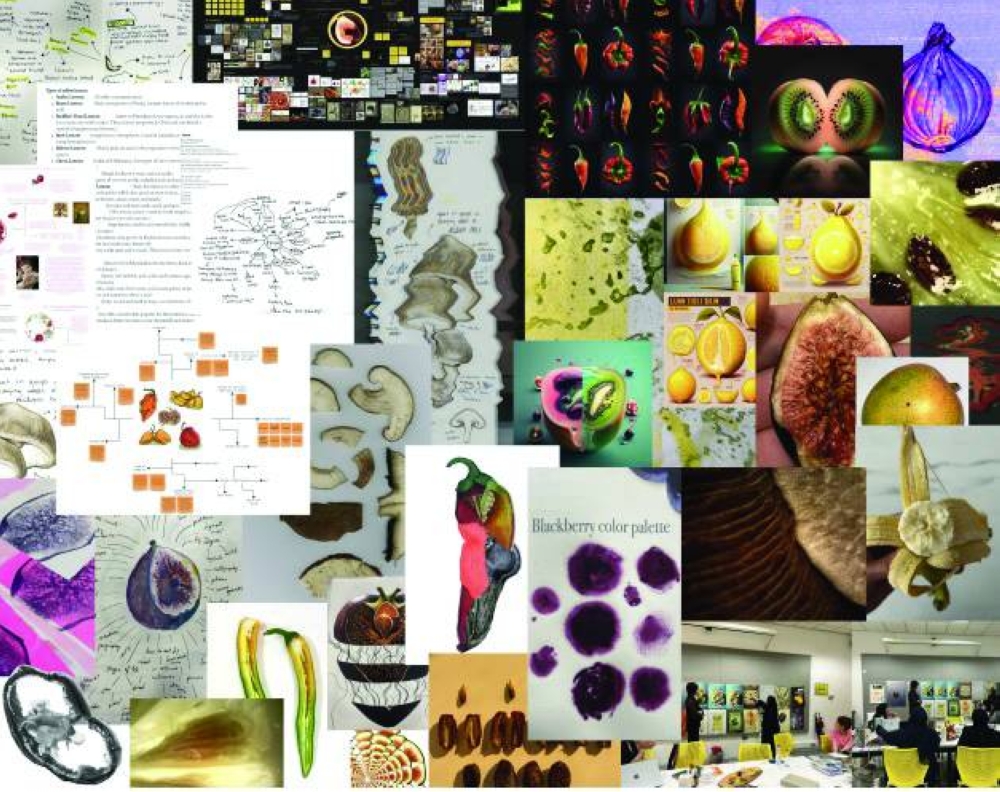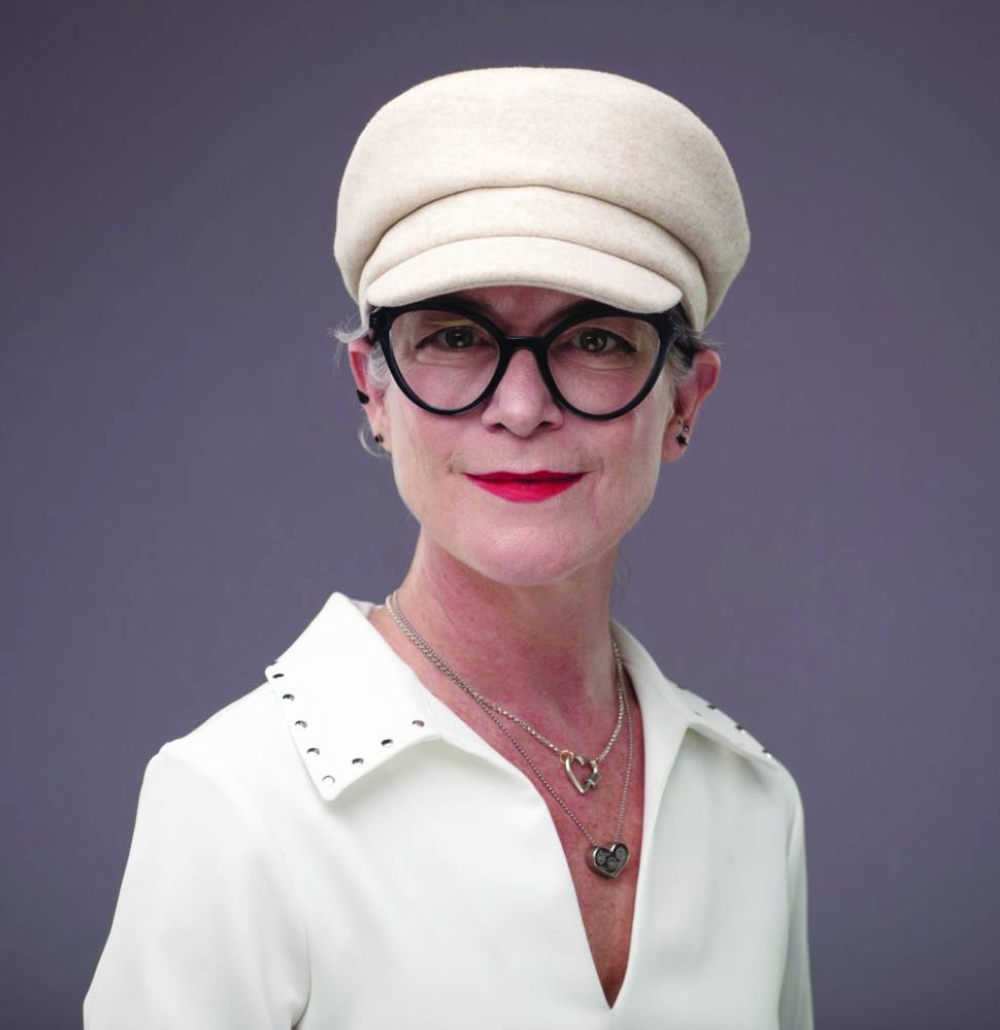The Liwan Open Day and Exhibition Openings is set to showcase the latest multidisciplinary design experiments and innovative research projects incubated at Liwan, as well as two exhibitions, on May 14 at Liwan Design Studios and Labs from 6pm to 9pm.
In a press statement, Liwan director Aisha bint Nasser al-Sowaidi said: "As part of Liwan’s commitment to support the local community, we have welcomed hundreds of designers, professional creatives, and design enthusiasts through our doors in the past few months via our open-day events, with plans to host more in the future.
“We take pride in providing something more than a co-working space for designers. Liwan has transformed into a distinctive community hub for creatives seeking opportunities to connect, exchange ideas, attend talks and workshops, showcase their work, and experiment with design. We are thrilled to invite the public to join us in the open day’s third edition and discover the creative talents that are a part of our community."
The first exhibition, titled *The Edible Lab: Food, Culture & Design, is a project led by designer Astrid Kensinger, chair of Graphic Design at Virginia Commonwealth University School of the Arts in Qatar (VCUarts Qatar). Featuring 13 artists and designers, the semester-long project explores the intersection of food and design through the lens of Qatari heritage.
The participants included students: Selma Fejzullaj, Sharifa al-Attiayah, Al Maha al-Muftah, Amna al-Humaidi, Shouq al-Kuwari, Ohoud al-Saygh Black, Noof al-atteya, Almaha al-mahmoud, Alanood al-thani, Adila Hayati, Dalal Johar, Minseo Kim, and Fae Siddiqui.
The project resulted in an epic culinary adventure of time, history, geography, power, trade, science, culture, money, mythology, legend, literature, poetry – before returning into the kitchen.
The works highlight both tangible and intangible heritage through oral histories and personal narratives, including recipes, rituals, feasts, celebrations, superstitions, and even grandmothers’ advice, taking visitors on a rich and complex edible journey. This unique exhibit, on display for the first time in Liwan, will include posters and books that pull from students' personal narratives and connections to the ingredients.
The second exhibition displays the results of three workshops conducted by different artists at Liwan. The first, “Creating Contemporary Wooden Sculptures,” led by interior architect Suzana Joumaa, had five participants, and resulted in four wooden sculptures being exhibited.
The workshop took participants through the process of developing a wood design from 2D technical drawings, which were then cut and assembled by a carpenter to create a 30x30x10cm colourful wooden sculpture. In addition to developing basic woodworking skills and techniques, participants also learned about primary colour theory and how to apply it to their sculptures.
The workshop offered participants an opportunity to create artwork and learn about related tools and techniques, resulting in a unique and creative experience.
The second workshop showcased in the exhibition, *The Monobloc: A Chair for One, A Chair for All, led by interdisciplinary designer Majdulin Nashrallah, featured six participants and exhibited three Monobloc chairs.
The workshop aimed to transform the famous Monobloc chair, the world's most popular piece of furniture, into an object with its own identity and narrative. Participants were invited to deconstruct and modify the chair using different materials and mediums, creating outcomes that can be poetic, humorous, or even a commentary on issues of interest.
The workshop spanned six days, including project introduction, ideation, experimentation, problem-solving, and the production of the final piece.
The third workshop, *The Kimono and the Abaya: Cultural Hybrids through Fashion, led by fashion designer Sayuri Kurotsu, had 10 creative community affiliates of Liwan participating, who experimented with sustainable design and different styles, and resulted in five garments being exhibited.
The Japanese Kimono and the traditional Arab/Khaleeji abaya are both fashion-cultural hybrids, with similarities in design and reflecting their respective countries' cultures and traditions. Kurotsu guided the participants in reusing the fabrics from abayas and kimonos, cutting, removing stitches, and restitching patchwork designs to create new garments that incorporate the essence of both styles. Participants learned how to design original cuttings and graphics using patchwork techniques, detailed design of garments, and basic dressmaking. They also gained knowledge of using a sewing machine and understanding the similarities and differences between the two styles.
Liwan is leading the way in Qatar's burgeoning design scene by hosting open-day events that bring together hundreds of creatives from across the country. These inclusive community-building events offer a space for experimentation, collaboration, and networking, allowing Qatar's creatives to connect and grow. By consolidating the country's top talents, Liwan Design Studios and Labs has established itself as a prominent figure in the region's design community.

Open day and exhibitions at Liwan.

Astrid Kensinger
